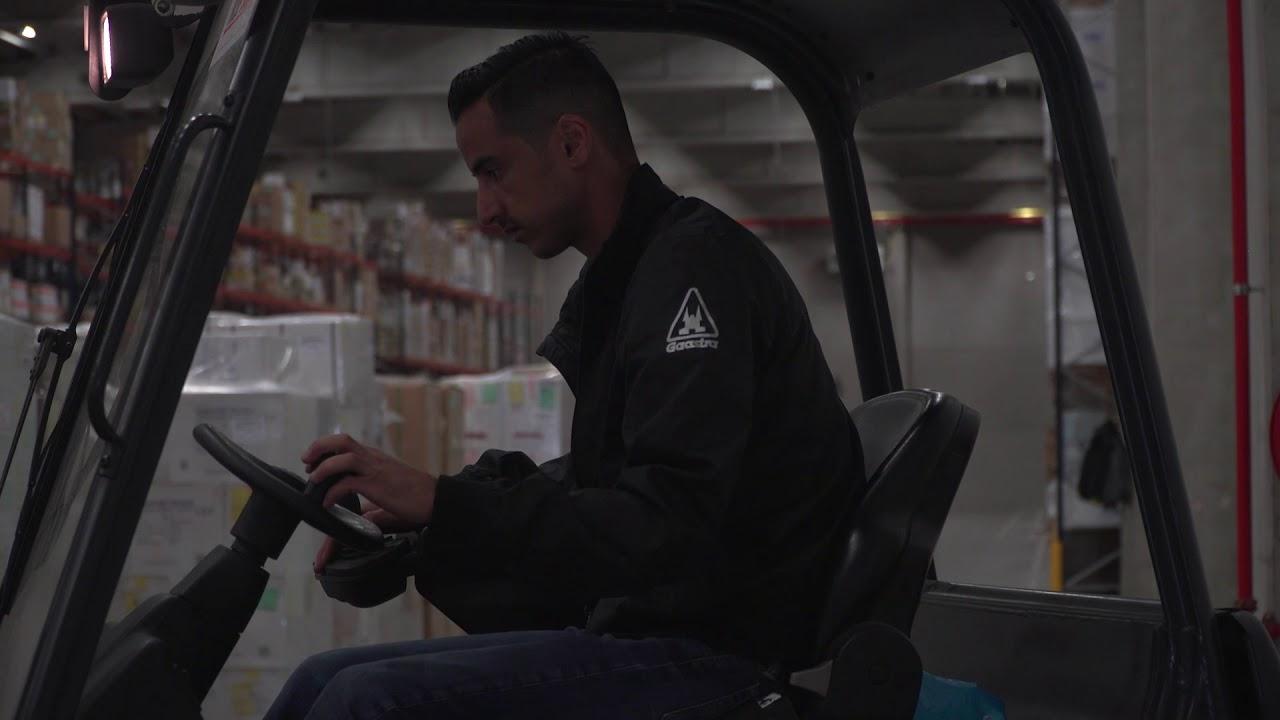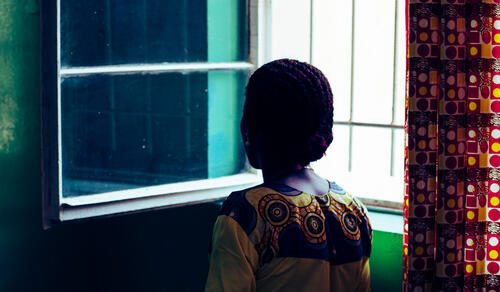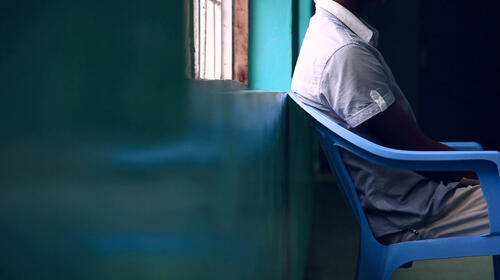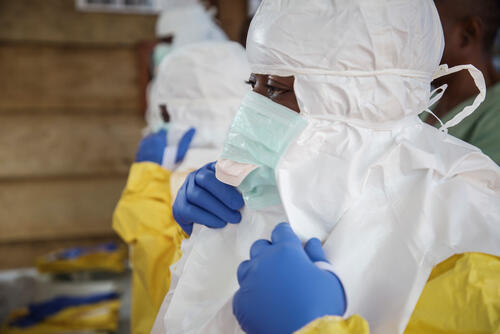An outbreak of Ebola has been declared in Equateur province, Democratic Republic of Congo (DRC).

The Ebola outbreak in Democratic Republic of Congo
The outbreak, in the northeast of the country, has affected 44 people who have presented symptoms of haemorrhagic fever in the region; 3 confirmed as Ebola, and and 23 deaths have been notified by the national health authorities. This includes one new laboratory-confirmed case from the city of Mbandaka, which has a population of more than a million people, and is a busy port city located on the Congo River. This new case is linked with the epicentre of the epidemic, the east of Lake Tumba.
At present, 514 people who may have been in contact with infected people have been notified by the national health authorities, and they’re currently under monitoring. To tackle the epidemic and limit as much as possible the risk of it spreading, Médecins Sans Frontières (MSF) is stepping up its response in the affected areas (Mbandaka and Bikoro).
MSF Emergency teams are already on site and have set up an isolation zone in Mbandaka’s main hospital (5 beds) and one in Bikoro hospital (10 beds). Teams are also setting up two Ebola Treatment Centres (ETCs) in Mbandaka and Bikoro, with 20 beds each. In the next few days, several tons of supplies (medical kits; protection and disinfection kits containing isolation items, such as protective clothing, gloves and boots; logistic and hygiene kits containing items such as plastic sheets, chlorine spray kits, water treatments kits, etc; palliative drugs will arrive in Mbandaka. Among the MSF staff on the ground are some of the organisation’s most experienced Ebola field workers, including medical personnel, experts in infection control and logisticians.
“This is the ninth Ebola outbreak in Congo in the last 40 years. So far, all of them have occurred in remote and isolated areas, as was the case last year in Likati, when the epidemic didn’t spread.” explains Henry Gray, MSF Emergency Coordinator in Mbandaka. “With the new case confirmed in Mbandaka, the scenario has changed, and it has become most serious and worrying, since the disease is now affecting an urban area. It is paramount to trace the suspect case in order to have a clearer view on how it reached the city. We are working closely with the Ministry of Health and the other organisations in the field to implement a coordinated, tailored and rapid response to stop the spread of Ebola.”
Moreover, MSF and its research arm Epicentre are working closely with the Ministry of Health and the World Health Organization (WHO) on the implementation of the Ebola vaccine rVSVDG-ZEBOV-GP as an additional measure to control the outbreak. Whilst the strategy is being put in place, the “pillars” of an Ebola intervention, that consist of early treatment and isolation of people who are sick, tracing and following up contacts, informing people about the disease, how to prevent it and where to seek care, supporting existing healthcare, and temporarily changing cultural behaviour around funerals must continue in order to stem the spread of the disease.
MSF has worked in DRC since 1981 and today has regular and emergency projects in 20 of the country’s 26 provinces, offering medical care to the victims of conflict and violence, to displaced people and to those suffering in epidemics or pandemics like haemorrhagic fever, cholera, measles and HIV/AIDS.





